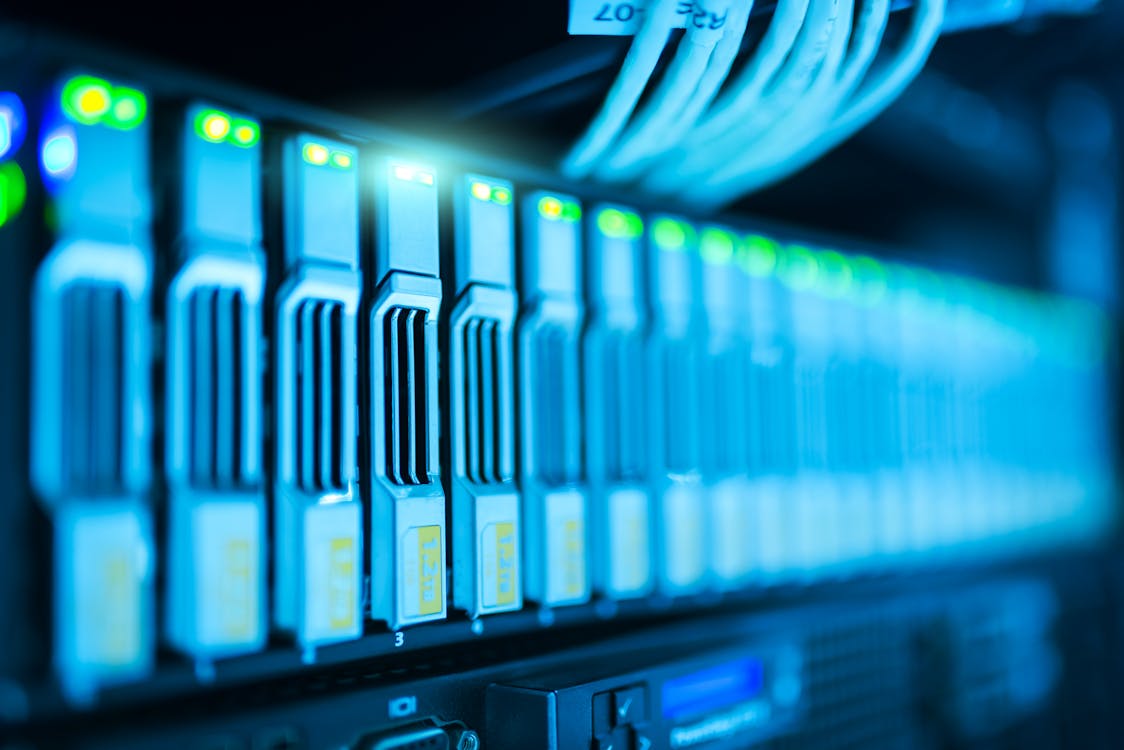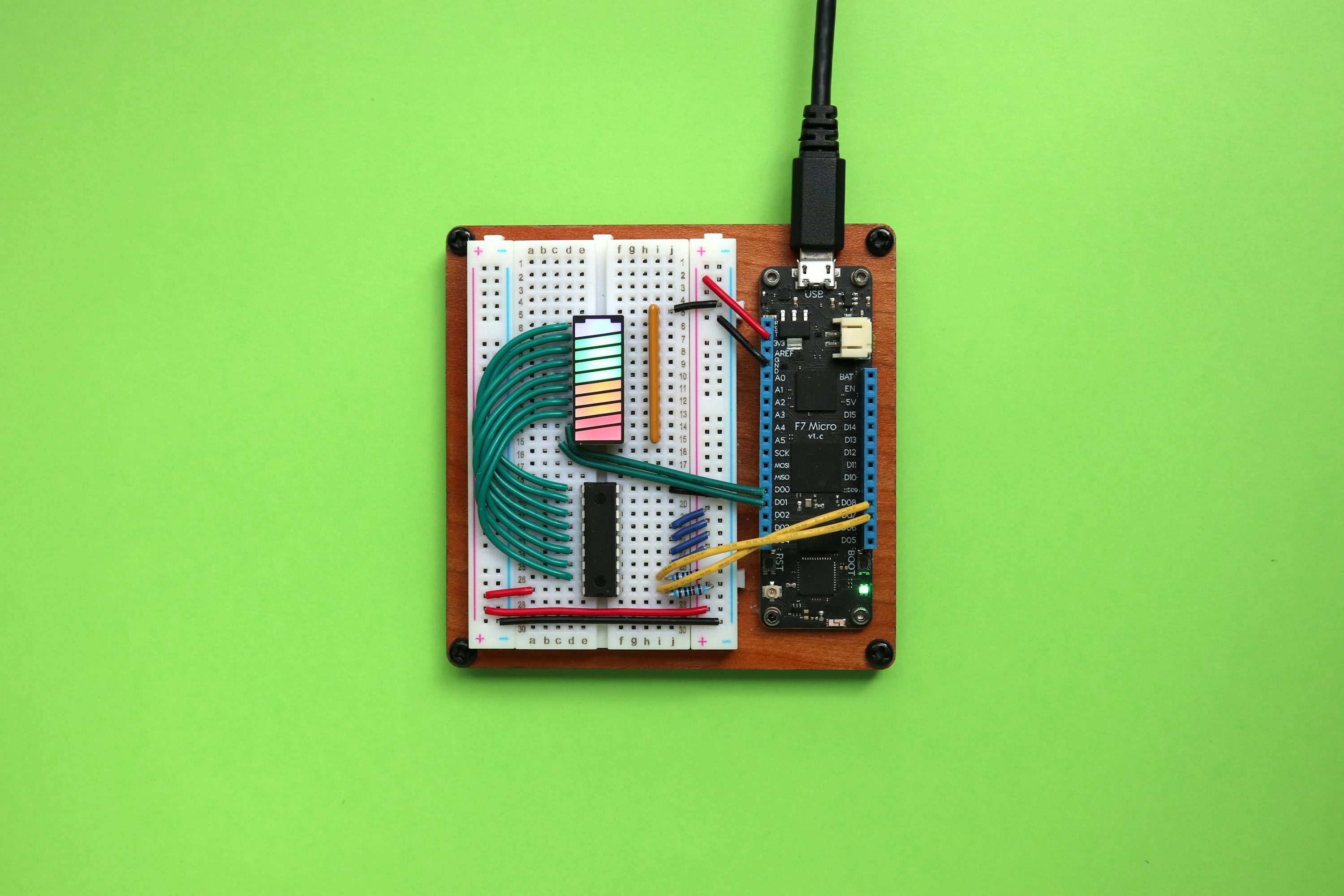In today's digital era, Internet of Things finance is like a bright new star, shining with unique light in the financial field, quietly reshaping the ecological pattern of financial services, attracting the attention of countless practitioners and observers.

Internet of Things finance is an innovative crystallization of the deep integration of Internet of Things technology and financial services. With the help of various sensors, chips and other hardware devices, the Internet of Things connects a large number of physical world objects to the network to realize the interconnection of everything. When finance is integrated into it, it gives these connections strong economic value and commercial significance. It breaks through many limitations of traditional financial services on manpower and time and space, and no longer relies solely on manual data collection, review and evaluation, but allows financial services to accurately reach every physical scene and every real transaction through real-time data interaction between things and things and between things and systems.
Imagine that in the field of supply chain finance, vehicles and containers loaded with goods are equipped with Internet of Things sensors. Financial institutions can obtain data such as the location, state and transportation environment of goods in real time, just like having "clairvoyance" and "clairvoyance", there is no longer a blind spot in time and space for monitoring goods. In the past, evaluating the value and risk of goods could only rely on indirect information such as sampling inspection and enterprise statements, and the risk control was weak. Nowadays, with the help of the Internet of Things and real-time updating of data, financial institutions can accurately calculate the value of goods at every moment and dynamically adjust financial parameters such as credit lines and interest rates, which not only ensures the safety of their own funds, but also helps enterprises to achieve more efficient and flexible financing and accelerate the efficient operation of the entire supply chain.

In the scenario of enterprise equipment financial leasing, the Internet of Things is even more important. After the leasing company installs the Internet of Things module for the equipment, it can remotely monitor the running time, performance and energy consumption level of the equipment in real time. In the past, it was difficult for the leasing company to accurately grasp the actual use of the lessee's equipment, and it was often faced with the dilemma that the equipment was idle and overused but could not be known, and the risk was difficult to quantify. Nowadays, with these first-hand data, leasing companies can accurately judge the true value and remaining life of equipment, scientifically formulate leasing recovery strategies and predict risks in advance. For the leased enterprises, there is no need to be tired of complicated offline equipment inspection and certification materials, which simplifies the procedures and greatly improves the financing efficiency.
With the widespread popularity of 5G technology and the increasing computing power of artificial intelligence, the development potential of Internet of Things finance is infinitely magnified. Massive Internet of Things data can be quickly transmitted to the cloud with the help of high-speed networks, and then deeply mined and analyzed by artificial intelligence algorithms, and transformed into financial decision-making basis with great gold content. However, the road ahead of Internet of Things finance is not smooth sailing. Data security and privacy protection are the sword of Damocles hanging overhead. Once data is leaked, it will not only harm the interests of users, but also trigger a crisis of market trust. At the same time, the standards of IOT devices have not been completely unified, and the data compatibility between different brands and types of devices has brought many obstacles to the data integration and utilization of financial institutions.

However, challenges also mean opportunities. Regulators in various countries are paying more and more attention to and improving relevant laws and regulations, and urging the industry to build a data security defense line; Many scientific and technological enterprises and financial institutions are also actively cooperating to promote the unification of equipment standards and the construction of data sharing platforms. It can be predicted that the Internet of Things finance will continue to improve in the process of tempering, continue to inject innovative vitality into the financial sector, become an indispensable and powerful engine of financial services in the future, and lead us to a new financial era in which everything is connected and financing is more accurate and efficient.



